Welcome to Matrix Education
To ensure we are showing you the most relevant content, please select your location below.
Select a year to see courses
Learn online or on-campus during the term or school holidays
Learn online or on-campus during the term or school holidays
Learn online or on-campus during the term or school holidays
Learn online or on-campus during the term or school holidays
Learn online or on-campus during the term or school holidays
Learn online or on-campus during the term or school holidays
Learn online or on-campus during the term or school holidays
Get HSC Trial exam ready in just a week
Get HSC exam ready in just a week
Select a year to see available courses
Science guides to help you get ahead
Science guides to help you get ahead
In this post, the Matrix Science Team show you how to answer "Explain" Physics questions.
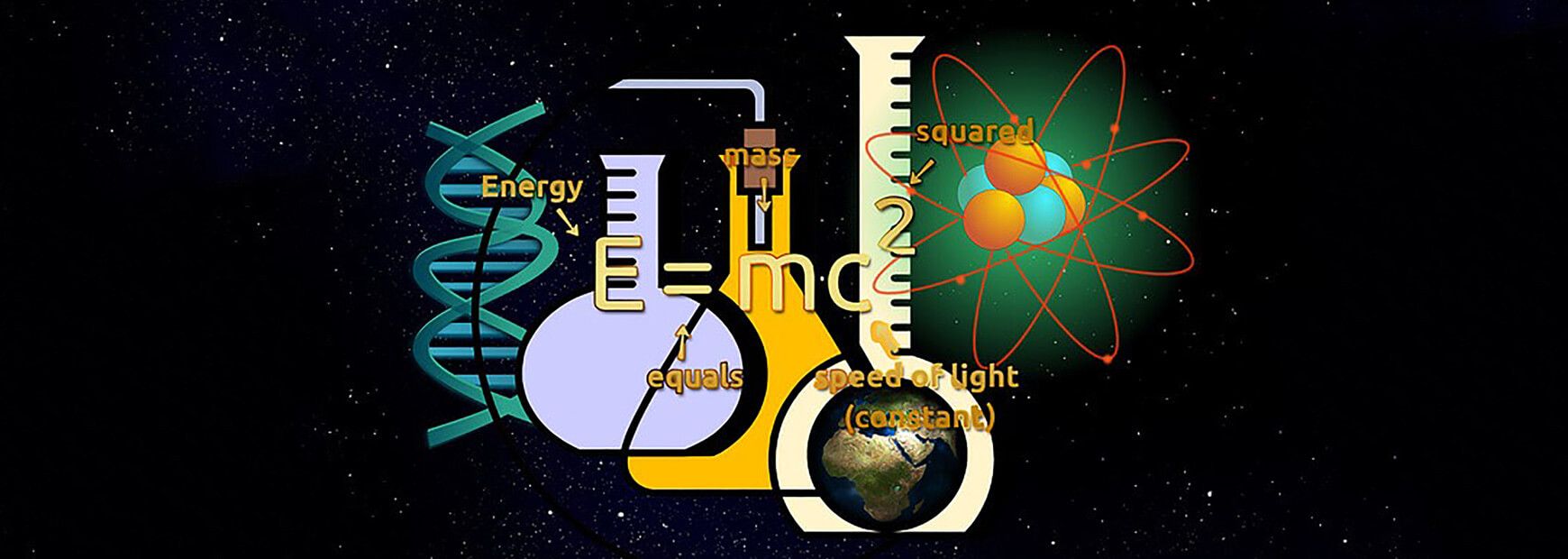
Join 75,893 students who already have a head start.
"*" indicates required fields
You might also like

Join 8000+ students each term who already have a head start on their school academic journey.
Have you ever felt like you understood something, but found struggled to explain it to someone else? Our Science Team will teach you how to make sure this never happens in your HSC Physics exams.
Get marks that explain themselves
Get the competitive edge for your next Physics assessment! Fill out your details below to get this resource emailed to you. "*" indicates required fields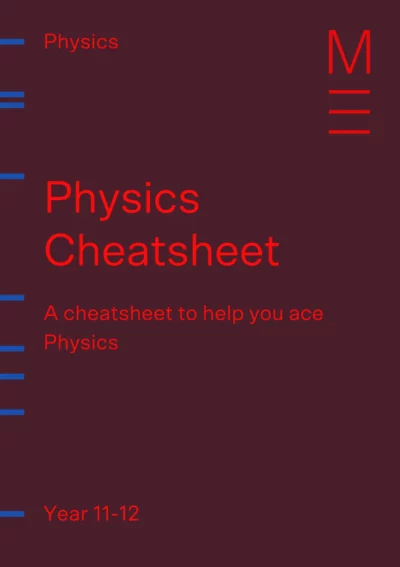
Download your FREE foldable Physics Cheatsheet

Download your FREE foldable Physics Cheatsheet
In the 2014 HSC Physics Exam, there were 9 questions that involved the following key verbs:
See the complete Glossary of Key Words.
Did you know that most students lose a mark or two when answering these questions? If you were to lose one mark for each ‘Explain’ question in 2014, it would equate to at least 4 marks! The seriousness of this problem is highlighted by the HSC Marking Centre every year in ‘HSC Notes from the Marking Centre’
Students can generally benefit by correct interpretation of questions
Let’s read the ‘Common Mistakes’ that students make in Part (B):
Examiners provide reports after each HSC exam that indicates areas of strengths and weaknesses in student responses. From these common mistakes, it is clear that students generally can benefit by:
The 6 most common mistakes HSC Physics students make in exams article lists several additional common mistakes that are frequently made in exams, such as insufficient workings for calculations and mistakes made when drawing a line of best fit.
‘Explain’ is an extremely common key verb used for 2-3 mark exam questions. The NESA Glossary of Key Words defines ‘Explain’ as “relate cause and effect; make the relationships between things evident; provide why and/or how.”
Many of the questions in Physics are about explaining the physical link between cause and effect. Let’s look at ‘explain’ questions from 2014 HSC Physics Exam Paper:
‘Explain’ questions tend to have the following structure:
When answering questions involving ‘Explain’, students should consider the following structure:

Explain links a start point to a conclusion using scientific arguments and needs a sequential flow of logic and from start point to finish point. Let’s answer an explain question using the structure outlined above.
QUESTION (2014 HSC Q25b – 3 marks):
Explain how the motor effect is used in an AC motor.
ANSWER:
Step 1: Identify the start and finish point
Explain how |the motor effect |is used in an AC motor|
Start to Finish Point:
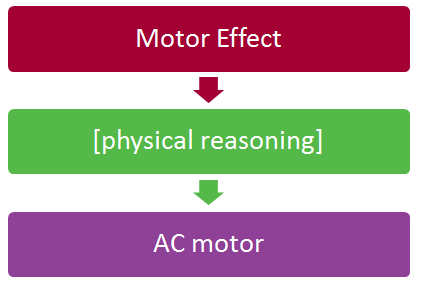
Finish to Start Point:
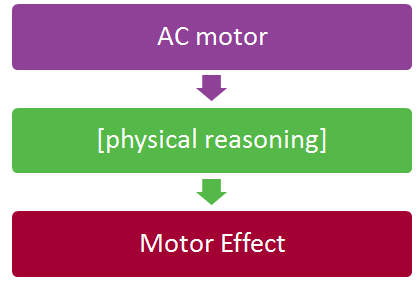
Sample Answer 1:

Sample Answer 2:
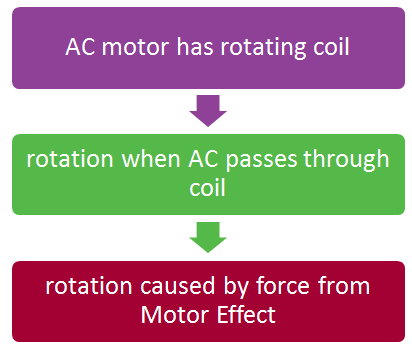
This is not as natural in this question, but it is still a valid explanation response. In other questions there is no difference.
Notice the logical links between the points in Answer 1 are which results in or therefore (⇒, ∴), and the links between the points in Answer 2 are caused by or because or since (⇐, ∴). Both answers thus feature a logical argument from start to finish.
Band 1/2:
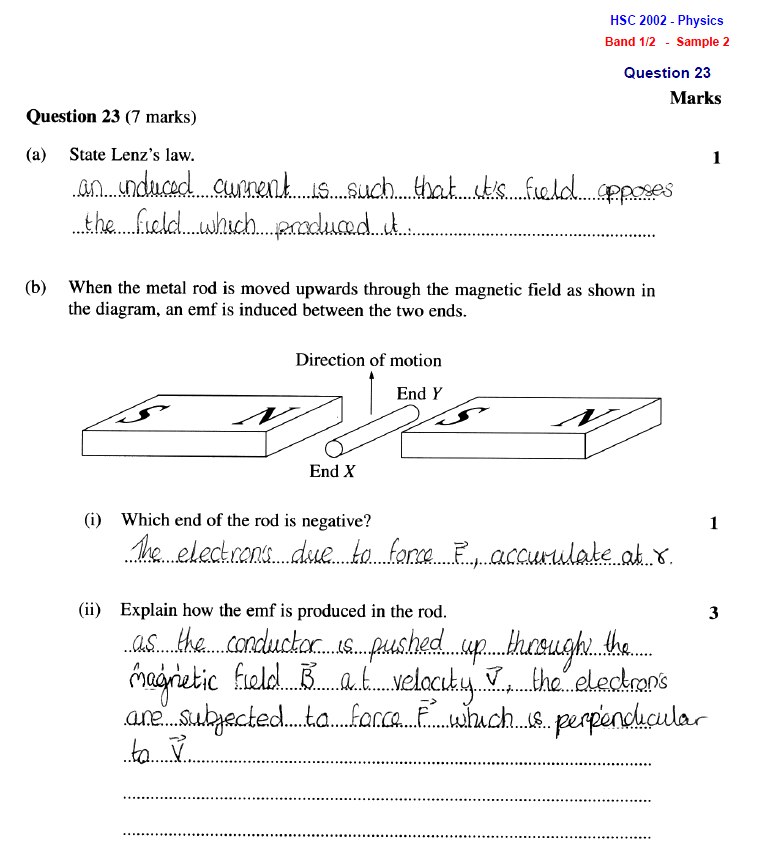
Band 3/4:
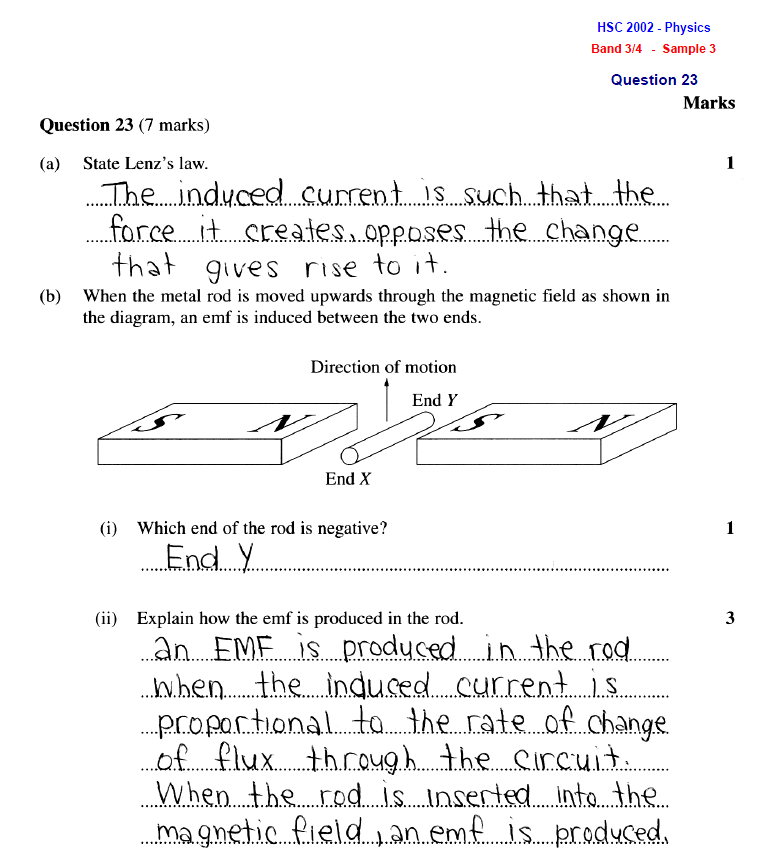
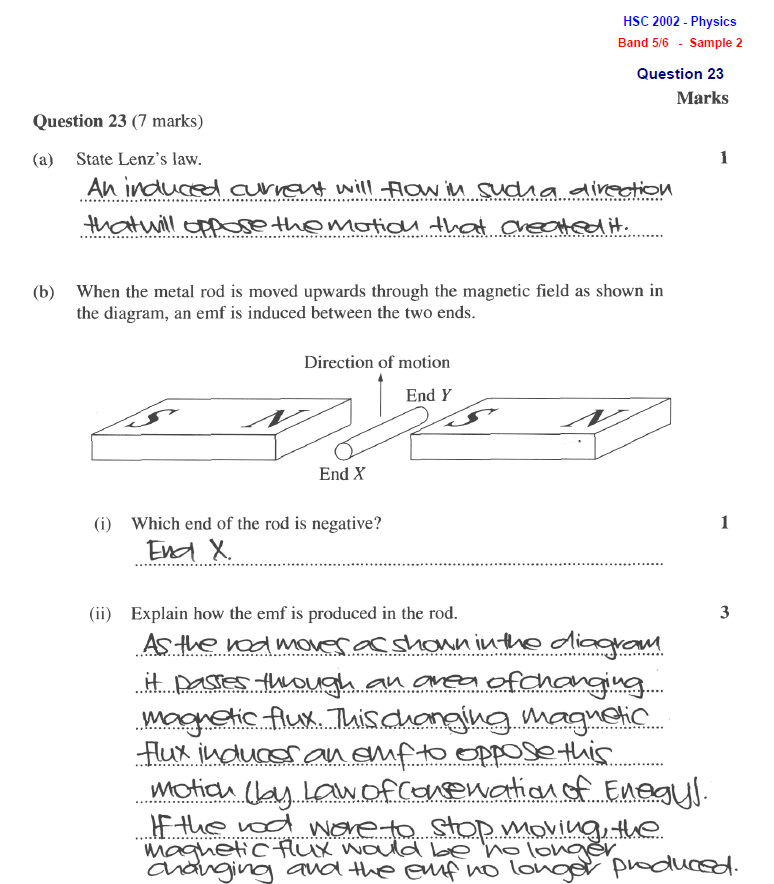
Our HSC Physics Matrix Course will get you on top of your marks with our engaging Theory lessons, comprehensive resource booklets, and expert teachers!
Physics doesn't need to be confusing
Expert teachers, detailed feedback, one-to-one help! Learn from home with Matrix+ Online Courses.
Written by Matrix Science Team
The Matrix Science Team are teachers and tutors with a passion for Science and a dedication to seeing Matrix Students achieving their academic goals.© Matrix Education and www.matrix.edu.au, 2025. Unauthorised use and/or duplication of this material without express and written permission from this site’s author and/or owner is strictly prohibited. Excerpts and links may be used, provided that full and clear credit is given to Matrix Education and www.matrix.edu.au with appropriate and specific direction to the original content.